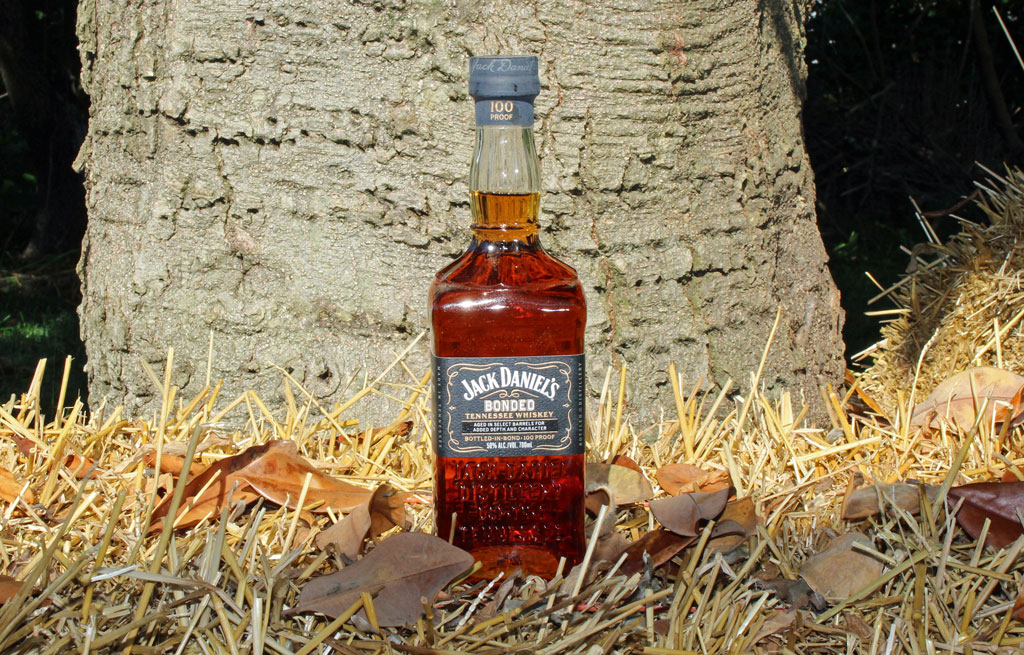Whiskey History: John Walker
By Richard Thomas
Johnnie Walker is one of the most recognizable Scotch brands in the world, if not the most recognizable. The iconic John Walker himself was born in 1805 in Kilmarnock, in southwestern Scotland. He became a notable merchant in his community, owning interests in a warehouse, a wine and spirits shop, and a grocery.
It is as a grocer than John Walker started the whiskey pursuits that eventually made him into Johnnie Walker. Most of the big names in blended Scotch were originally grocers. As part of their wares, Scottish grocers made their own blends of grain and malt whiskey for bottling and sale under their own label. Ironically, Walker was a teetotaler, but that didn’t stop him from concocting Walker’s Kilmarnock Whisky, a locally popular blend and the forerunner of modern Johnnie Walker.
If the first important thing to understand about Johnnie Walker and so many other blended Scotches is that their founding figures were mostly grocers and merchants, not distillers, the second thing to understand is that John Walker himself is not nearly as important to the founding of the Scotch company that bears his name as one might think. Whiskey sales were less than 10% of John Walker’s business, and no modern Johnnie Walker whiskey traces its lineage back to John Walker’s blend. It was Walker’s son Alexander who truly started the brand and made it into what it is today.
Even so, Johnnie Walker recognized their namesake in 2010 with the release of a John Walker Limited Edition. Building off of Johnnie Walker Blue and Johnnie Walker Blue King George V, only 330 bottles were made, and these were sold for $4,500 each. Yet Johnnie Walker’s owner, drinks giant Diageo, severed the last physical link between the scotch and the place where “the walking” started by closing the bottling plant in Kilmarnock.




Great delivery. Outstanding arguments. Keep up the gold effort.